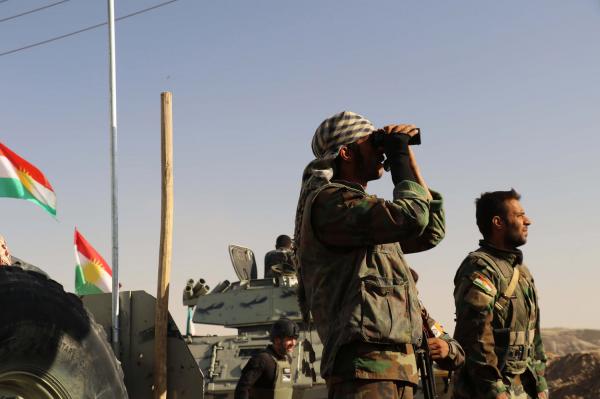An oil and gas conference meant to showcase opportunities in the Kurdish north of Iraq is cancelled because of regional circumstances, the government said.
The Kurdish Ministry of Natural Resources said that "due to the current logistical and other circumstances" in the region, it could no longer support the CWC Kurdistan-Iraq Oil and Gas conference in December in London.
"The ministry has suggested that CWC postpone the conference to the first quarter of 2018, and we hope to see the conference participants at a rescheduled date," the government stated.
Fighting escalated in October between Iraqi and Kurdish military forces, weeks after a controversial Kurdish referendum for independence. The Kurdish referendum coincided more or less with the liberation of parts of northern Iraq from the terrorist group calling itself the Islamic State.
There were reports that some of the flow of oil from northern Iraq to a Turkish port on the Mediterranean Sea was interrupted and U.S. supermajor Chevron later said it was scaling back its operations in the Kurdish north in response to the security situation.
Data supplied by commodity pricing group S&P Global Platts to UPI show total Kurdish exports at around 250,000 barrels per day from Oct. 17. That's less than half the total from before Iraqi forces seized control over the oil fields in the contested province of Kirkuk, severing an economic lifeline for the Kurdish north.
Crude oil from northern Iraq flows primarily by truck and through a pipeline from Kurdish territory to a Turkish sea port. A second pipeline from Iraqi territory in the north could be used once it's rehabilitated.
So far, there have been few indications that oil operations within traditional Kurdish borders have been impacted by the unrest.
Kurdish military forces backed out of the northern city of Sinjar after a confrontation with paramilitary forces loyal to the federal government in Baghdad. The city is included in territories of dispute between the semiautonomous Kurdish government and the federal government in Baghdad. Disputed territories run north from a line stretching from Khanaqin along the eastern border with Iran to Sinjar, near the border with Syria.


